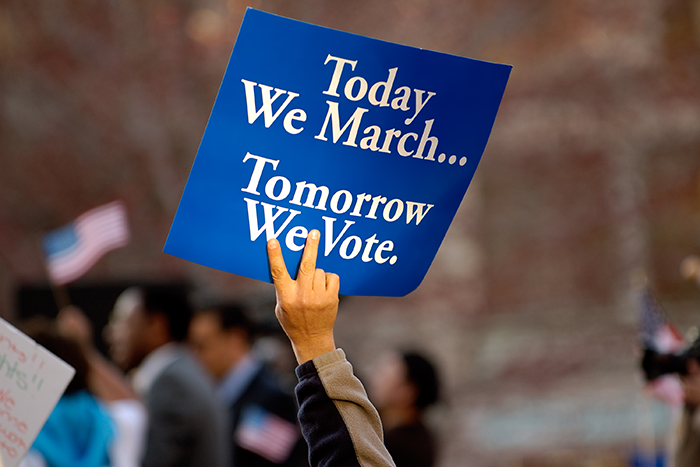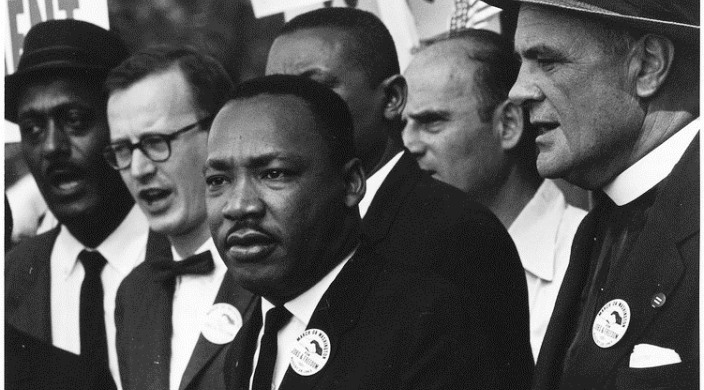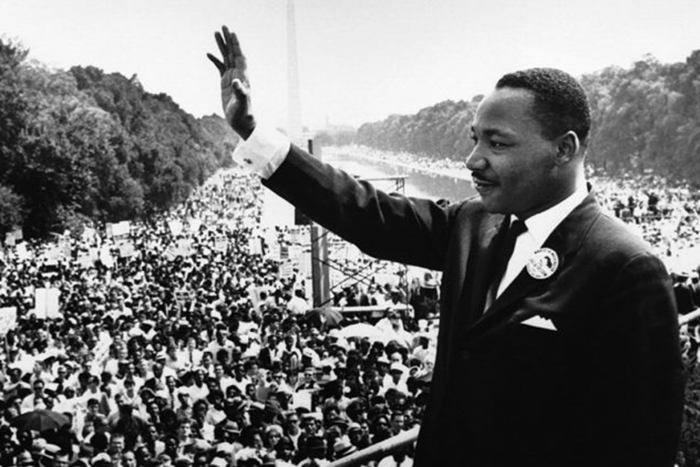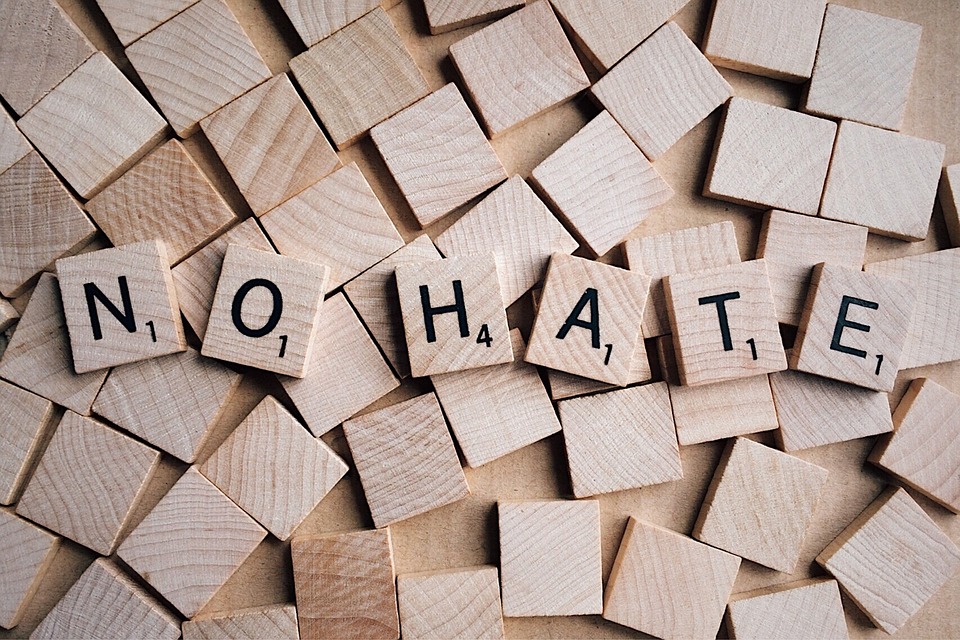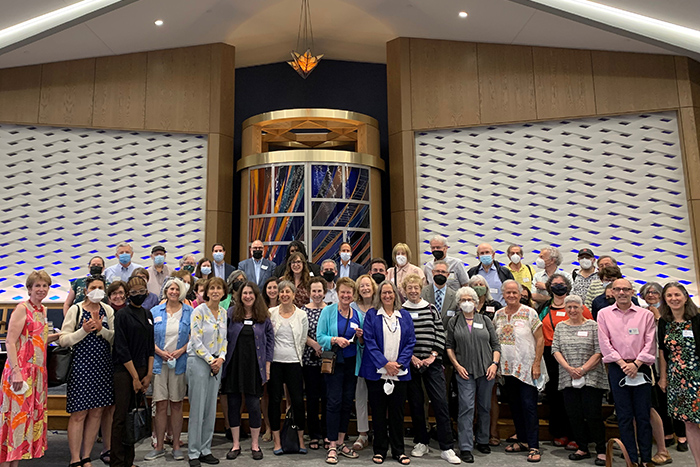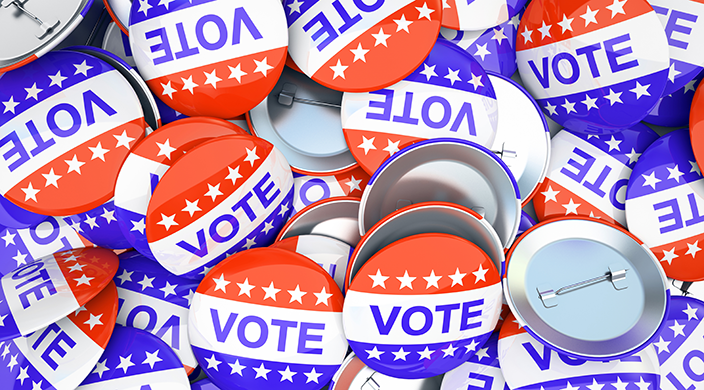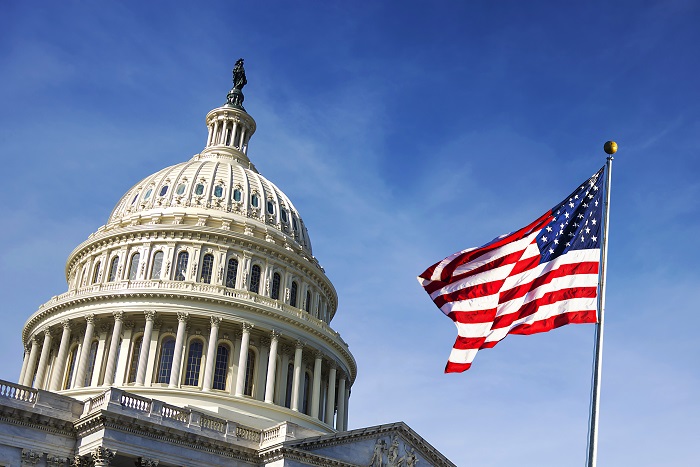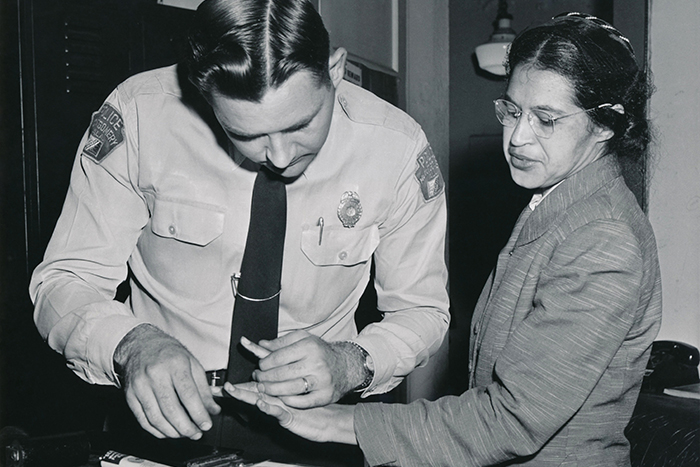In the Footsteps of John Lewis: Why We Continue to March for Democracy
Late last month, we celebrated the birthday of the late Representative John Lewis, who passed away in 2020. We remember his unwavering commitment to justice, fight against segregation, advocacy for voting rights, and commitment to getting into "good trouble."
